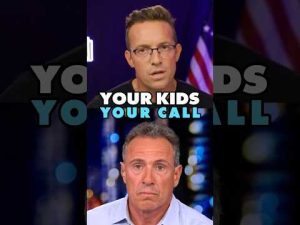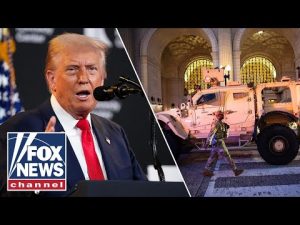The recent developments in the investigation led by House Oversight Committee Chair James Comer have sewn quite a peculiar tapestry of confusion and disbelief around President Joe Biden’s presidency. According to John Solomon, the situation surrounding the memos and emails presents a narrative that starkly contradicts earlier testimonies given by Biden’s inner circle. It’s almost as if members of his close-knit group had their stories penned by different authors, seeing as they don’t seem to sync up at all. The mystery deepens with claims that the president was seldom seen, even by those expected to be within arm’s reach.
The narrative from Andrew Bates has added more sparks to the already fiery discourse. Despite being one of Biden’s top deputies, Bates apparently played more of a cat-and-mouse game, only encountering Biden occasionally, with instances being few and far between. It leaves one to wonder if instead of frequent meetings, they opted for spirited games of hide and seek. With Biden’s cognitive abilities subtly questioned and his public appearances being sparse, it gives observers plenty of material for speculation and a curious spectacle of governance.
At the center of this swirling storm lies the debate about pardons and executive orders. Throw in a dash of Solomon’s investigation, and suddenly, there’s a cocktail of legal jeopardy shaking up Biden’s last presidential months. The idea that pardons may not have been personally signed and sealed by Biden himself raises eyebrows and could potentially land an entire administration in the proverbial frying pan. It’s almost as if they were tossing around executive orders like confetti at a parade, with little regard for who’s catching them.
The notion of bringing in Vice President Kamala Harris for a chat under oath brims with intrigue. The underlying implication that major presidential decisions might have been farmed out or delegated turns the whole affair into some sort of grand political theater. If these actions are put under the microscope, they might unearth new layers of mystery about who was really running the show during Biden’s presidency. And just when you think the plot can’t thicken any further, there’s talk of dragging family members into the fray, arguably setting up for a dramatic and potentially contentious spotlight moment.
Finally, let’s not forget about the fleeting facet of transparency, illustrated by Biden’s solitary post-presidency interview. It almost begs for a compare and contrast with a summer blockbuster—big build-up, plenty of promises, but ultimately leaving the audience with more questions than answers. The idea that President Trump would nod in agreement over the mishandling of the pardon process could very well be the punchline of this political comedy. As the saga continues to unfold, one has to wonder: how did governance become this amusingly complex drama?







